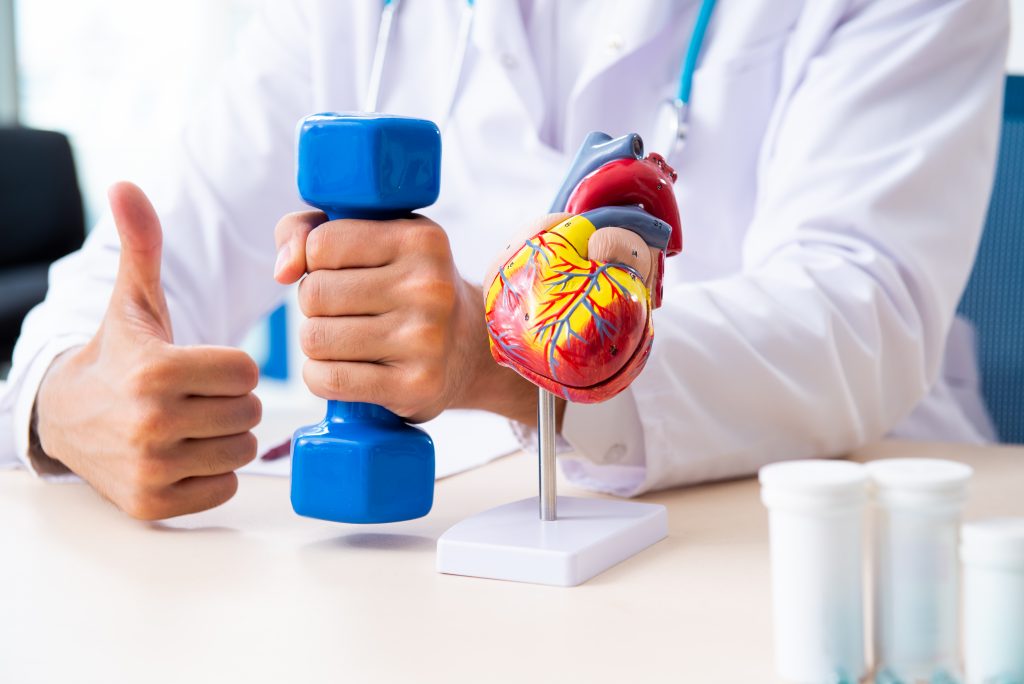Arq. Bras. Cardiol. 2021; 116(3): 441-442
Reduction in Platelet Activation: A Potential Mechanistic Link between Regular Exercise and Its Benefits for Coronary Artery Disease
This Short Editorial is referred by the Research article "Exercise-Based Cardiac Rehabilitation Has a Strong Relationship with Mean Platelet Volume Reduction".
Exercise-based cardiac rehabilitation (CR) leads to significant reductions in mortality and risk for adverse cardiovascular events in coronary artery disease (CAD) patients., As a result, exercise-based CR is currently a Class 1A intervention for secondary prevention in CAD. However, despite considerable research efforts in the past several decades, the multidimensional mechanisms associated with the cardioprotective effects of regular exercise are still not fully elucidated.
On the other hand, increased platelet activity has been increasingly recognized as a key player in the pathogenesis and progression of atherosclerosis. Through the release of cytokines and chemokines, activated platelets mediate the recruitment of leukocytes to the vascular endothelium, favoring not only plaque rupture and thrombosis, but also contributing to the early steps of atherosclerosis and the later stages of atheroprogression.
[…]
579

